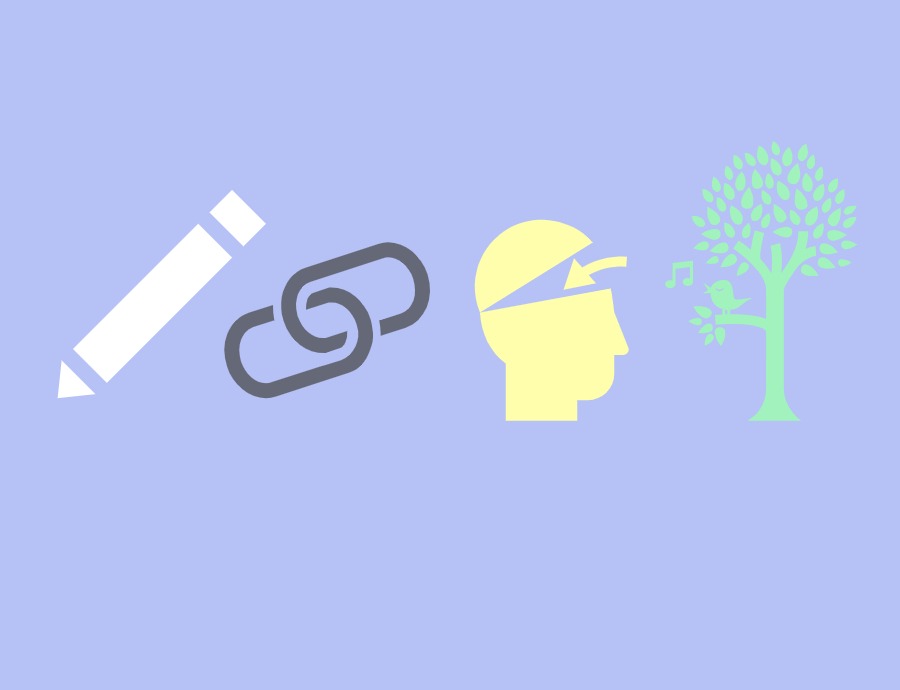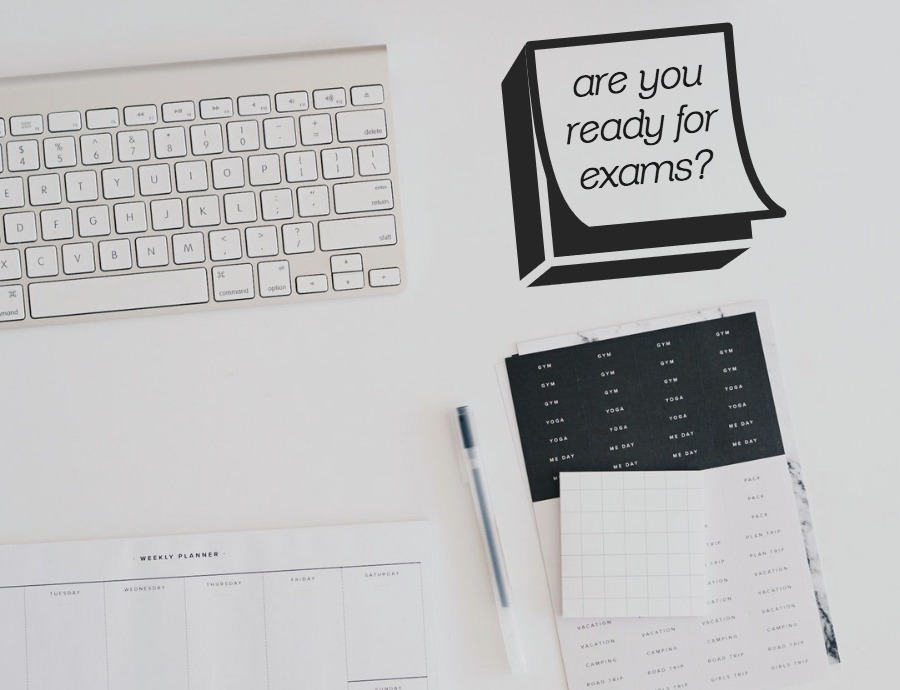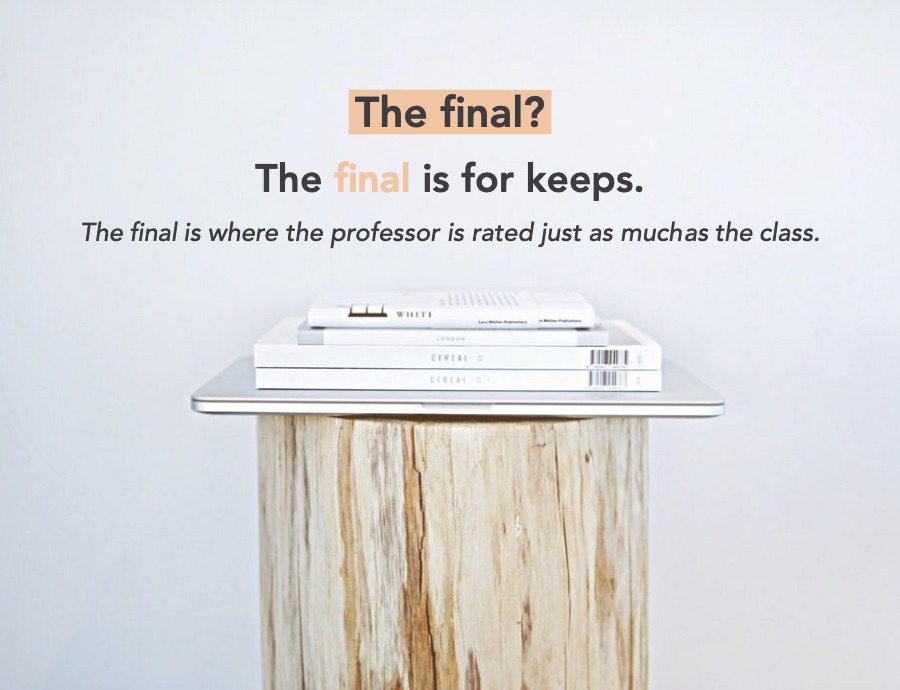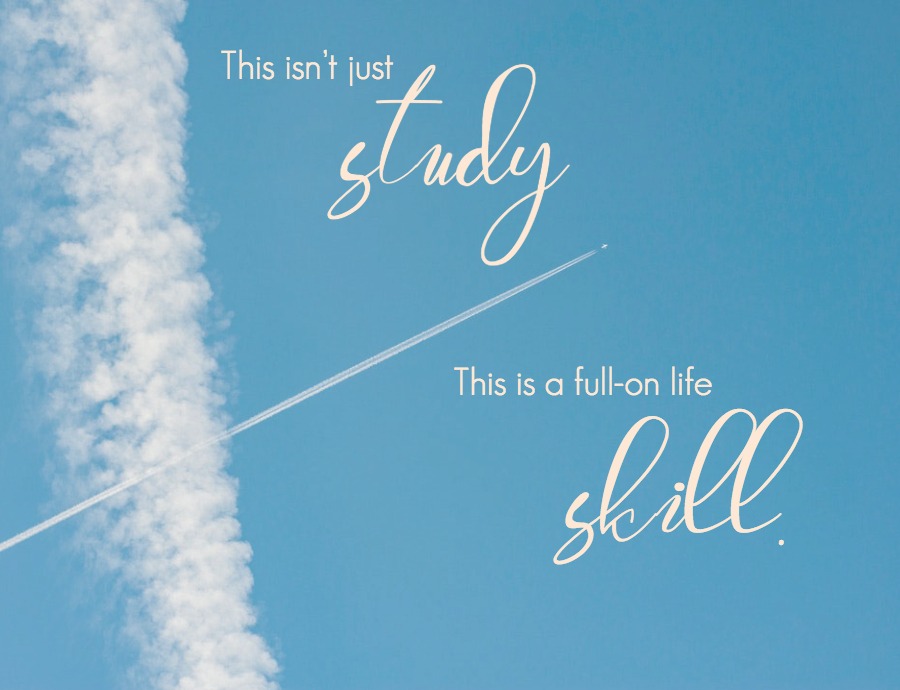Exams are like pole vaulting. It’s not enough to be strong, you need to practice the specific techniques involved. There’s a huge difference between knowing how to do something and actually doing it enough to be good at it. If you just get strong and fast and march out into the Olympics wobbling a big pole and figuring you just need to stick it in the ground things will be extremely funny. For everyone else. You might not enjoy the experience so much.
Most people know that you can start a fire by rubbing sticks together, or striking rocks against each other, but if most of us were to actually try it we’d find out that knowing isn’t enough. Exams and calculations aren’t any different just because they’re written down. Specific training makes you much better at specific problems no matter how generally smart you think you are. That’s the kind of thing that can make all the difference in an exam.
Most people studying for a physics exam spend 100% of their time on the physics and forget all about the exam. If you’re only practiced reading books and highlighting notes and trying to remember which equation solves which problem, then when the exam comes you’ll read the problem, remember which equation to use, and get stuck in the mud when the time comes to actually try it. You don’t want to be slowing down during any part of your solutions.
More important is how vulnerable pure theory can leave you. If you only know the perfect idea of which equation to use you can miss all kinds of cunning little tricks and extra questions they can add to an exam problem. Only by actually doing the problem, by training in the subject as well as knowing it, do you find the small steps which make all the difference to actually finishing a problem.
Even if there aren’t any catches or extra marks in the exam problem you still need to practice. Practice is the difference between doing something and doing it easily. You can’t plan to “just put in extra effort” during the exam. Because you’re doing a lot of exams. You don’t want to be tiring yourself out in every one. If you feel fatigue your abilities will suffer in later exams, and you won’t be able to give it your all. Training makes everything easier.
You know you can start a fire by rubbing sticks together but actually doing it takes practice.
Most people know that you can start a fire by rubbing sticks together, or striking rocks against each other, but if most of us were to actually try it we’d find out that knowing isn’t enough. Exams and calculations aren’t any different just because they’re written down. Specific training makes you much better at specific problems no matter how generally smart you think you are. That’s the kind of thing that can make all the difference in an exam.
Most people studying for a physics exam spend 100% of their time on the physics and forget all about the exam. If you’re only practiced reading books and highlighting notes and trying to remember which equation solves which problem, then when the exam comes you’ll read the problem, remember which equation to use, and get stuck in the mud when the time comes to actually try it. You don’t want to be slowing down during any part of your solutions.
More important is how vulnerable pure theory can leave you. If you only know the perfect idea of which equation to use you can miss all kinds of cunning little tricks and extra questions they can add to an exam problem. Only by actually doing the problem, by training in the subject as well as knowing it, do you find the small steps which make all the difference to actually finishing a problem.
Even if there aren’t any catches or extra marks in the exam problem you still need to practice. Practice is the difference between doing something and doing it easily. You can’t plan to “just put in extra effort” during the exam. Because you’re doing a lot of exams. You don’t want to be tiring yourself out in every one. If you feel fatigue your abilities will suffer in later exams, and you won’t be able to give it your all. Training makes everything easier.








